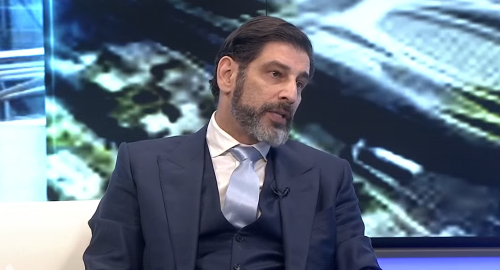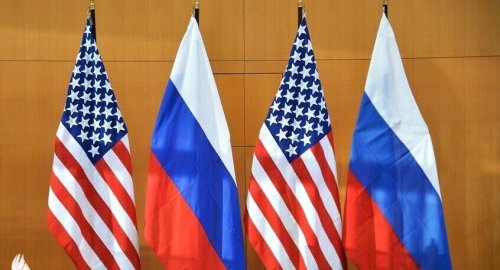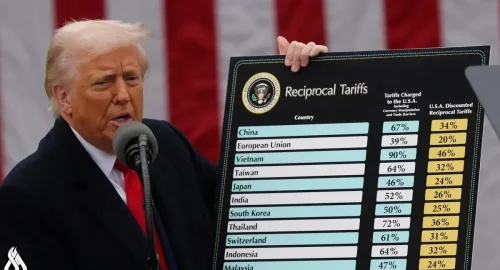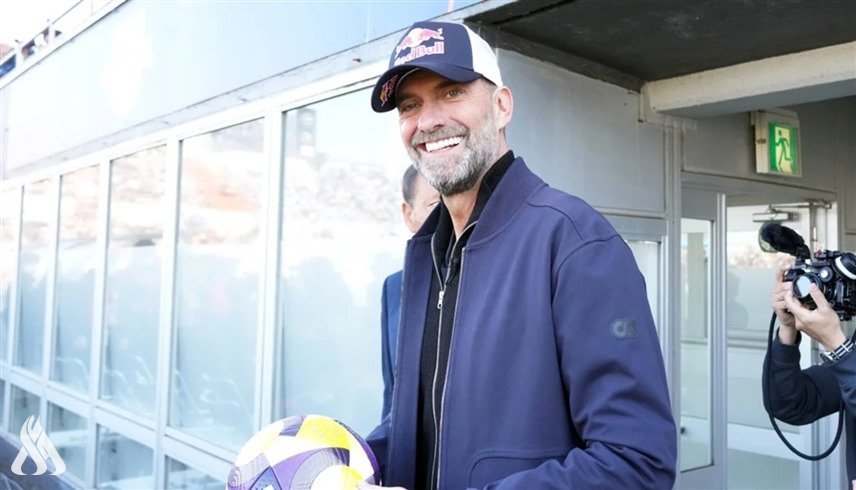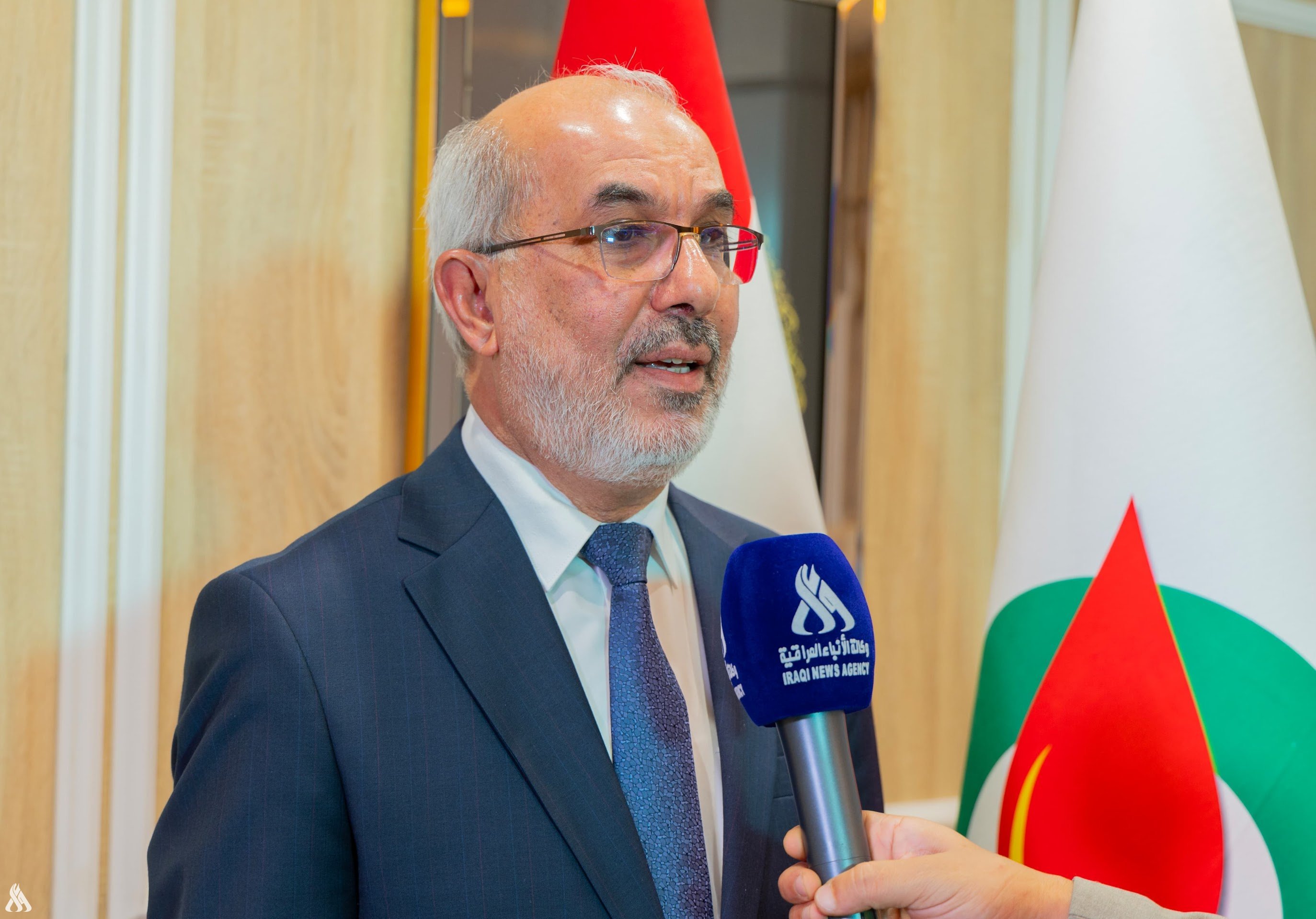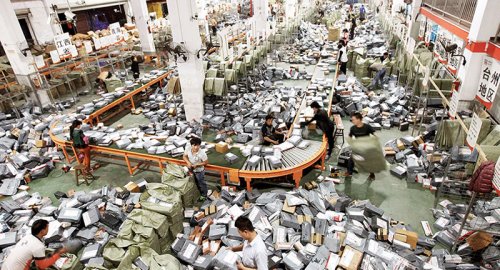
Singles Day strikes a cautious tone this year as China's economy slows and a tech crackdown continues

- 11-11-2021, 11:28
INA-sources
Singles Day — the world's largest annual shopping event — has kicked off in China and promises to bring in tens of billions of dollars in sales for the country's biggest e-commerce companies.
But the tone at this year's bonanza is a lot more cautious than it has been in prior years, as companies contend with rising inflation in a slowing economy and a regulatory crackdown on their operations.
Alibaba (BABA) launched the first Singles Day Shopping Festival on November 11, 2009. The event, which is also known as Double 11, is pegged to China's informal, anti-Valentine's Day holiday that celebrates people who aren't in relationships. The date — 11.11 — was chosen because it is written as four ones, or singles.
Since that first occurrence, Singles Day has ballooned into a shopping frenzy observed not just by Alibaba, but also by other e-commerce companies that offer their own steep discounts and promotions. Deals take place over several days or even weeks. It has also spread outside of China, with Alibaba's Southeast Asia subsidiary Lazada offering deals in Singapore, Malaysia, Indonesia, Thailand and Vietnam.
It's an incredibly lucrative event: Last year, Alibaba raked in roughly $75 billion in total sales. Rival JD.com (JD) said at the time that it reached $41 billion in sales.
An inflation headache
Alibaba and JD.com may still reach new sales records this year. Analysts at Citi recently forecast Alibaba's total gross merchandise volume (GMV) to reach as much as 578 billion yuan ($90 billion) through the first 11 days of November, a 15% increase compared to last year.
But that rate of growth would be a lot slower than in years last. Last year, Alibaba posted a 26% jump by that metric compared to a year earlier. The Citi analysts also expect JD.com's GMV growth for the shopping period to slow to 22% to 26%, compared with last year's 33%.
While the Citi analysts wrote in a recent report that promotional campaigns have "kicked off with strong consumer demand," they added that they are "cautious" that overall sentiment could be hurt by a "weaken[ing] underlying economy."
China's economy is growing at the slowest pace in a year as energy woes, shipping disruptions and a deepening property crisis take their toll on the world's second largest economy.
Inflation, meanwhile, has risen, which threatens to erode profit margins and the purchasing power held by consumers.
The cost of goods leaving China's factories surged by another record rate last month — China's Producer Price Index jumped 13.5% in October from a year ago — and there are now signs that the higher costs are trickling down. China's Consumer Price Index rose 1.5% in October from a year ago, double the rate of the previous month and the fastest pace of increase since September 2020.
"On the one hand, the soaring input costs have significantly squeezed the profit margin for downstream manufacturers, which in turn limits the space to offer a large discount this year," said Alicia Garcia Herrero, chief economist for Asia Pacific at Natixis, a French investment bank. "On the other, domestic consumption is not yet back to pre-pandemic level[s] and even online retail sales, which remained relatively resilient in 2020, have decelerated."
Source: CNN
Martyrs and Wounded by Zionist Shelling in Gaza
- International
- 07:44
Al-Amiri warns of any war between Iran and the US
- politics
- 25/04/01
Oil: 85% of the staff working on BP contract will be Iraqi
- Economy
- 25/03/31





